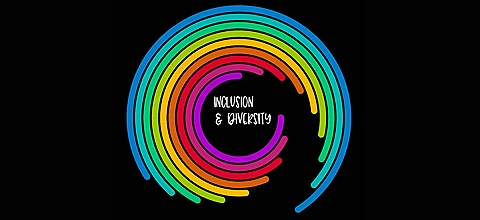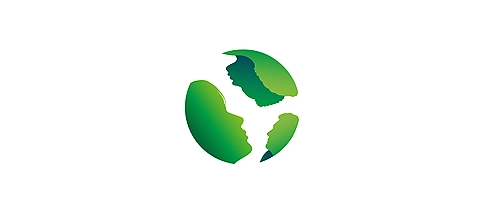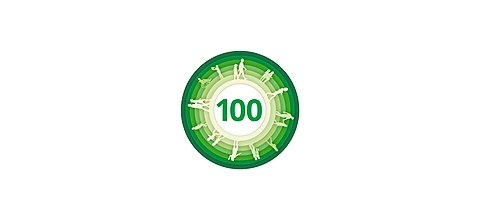
At Deloitte Ireland, we see the world not just as it is, but as it could be
Our purpose is to make an impact that matters. To set high standards of excellence and achieve them. To help our clients realise their ambitions.
With a team of 3,200 in Ireland, we are part of the largest professional services firm in the world. For over 175 years, we have worked with leaders across the globe to help them build better futures. To support their people. To succeed. All while caring for our communities.
With a workforce made up of the industry’s greatest minds, we continue to shape the future by delivering real, measurable results. We go beyond talk—we act.
Our purpose
Making an impact every day, in everything we do
Our existence is driven by one purpose: to make an impact that matters. To us, that means lasting results for our clients and their businesses, ideas and actions that look out for the greater good. It is empowering our people and promoting their growth.
Making an impact is in our DNA, and our key to solving some of the world’s greatest challenges.
Our people
Meet our leaders
Over 175 years of shaping better futures
In 1845, William Welch Deloitte understood the power of connection as a way to grow. With that understanding of connection, collaboration, and an eye for innovation, Deloitte’s legacy was born.
Those founding beliefs have driven our evolution and seen us thrive. They’re why we have grown into the global organisation we are today—solving some of the world’s greatest challenges. And the groundwork for where we go next.

Ethics and integrity
Integrity. Quality. Professionalism.
Our Shared Values, Global Principles of Business Conduct, and Responsible Business Principles are the foundation of our culture, shaping who we are, what we believe and how we behave.
Environmental, social and governance
Changing the world from the inside out.
Deloitte is committed to driving societal change and promoting environmental sustainability. Working with governments, non-profit organisations and civil societies, we are designing and delivering solutions that help build a sustainable future for all.

2023 Deloitte Ireland Impact Report
Building better futures


?$Responsive$&fmt=webp&wid=480&fit=stretch,1)

